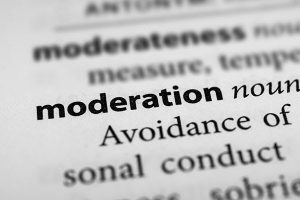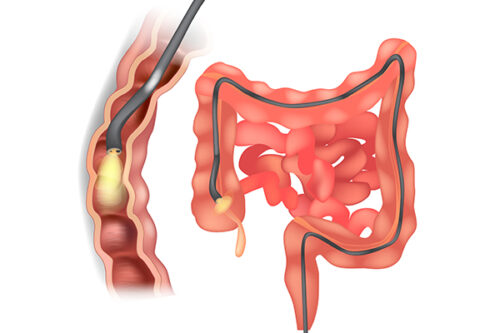Sleep Like a Baby – Lessons from My Grandson on How to Cure Insomnia
My 12-month old grandson, Jaysen, and I (Dr. John McDougall) suffer from insomnia. You might guess this condition is inherited. When we can’t sleep we are miserable and so are all those people around us. Those times when his mother’s warm, comforting breasts fail to lull him to sleep, Jaysen becomes energized by his mother’s most perfect food – all fired up and ready to entertain his parents until the late evening hours. Unfortunately, this is not always fun for mom and dad.
In order to avoid these bouts of insomnia, Jaysen’s mother makes certain bedtime is always on time. Jaysen arises early each morning, because if he sleeps in past 7 AM, then he stays up late that night. If he naps too long during the day or too late in the day then he is not ready for bed by 7 PM – and his parents tire quickly from his sleeplessness.” Thus
Recommended Articles

The Myth of Moderation: Do All Foods Really Fit?

One Thing to Work on This Year






